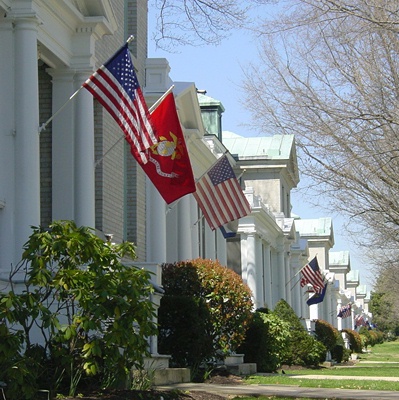All Nonfiction
- Bullying
- Books
- Academic
- Author Interviews
- Celebrity interviews
- College Articles
- College Essays
- Educator of the Year
- Heroes
- Interviews
- Memoir
- Personal Experience
- Sports
- Travel & Culture
All Opinions
- Bullying
- Current Events / Politics
- Discrimination
- Drugs / Alcohol / Smoking
- Entertainment / Celebrities
- Environment
- Love / Relationships
- Movies / Music / TV
- Pop Culture / Trends
- School / College
- Social Issues / Civics
- Spirituality / Religion
- Sports / Hobbies
All Hot Topics
- Bullying
- Community Service
- Environment
- Health
- Letters to the Editor
- Pride & Prejudice
- What Matters
- Back
Summer Guide
- Program Links
- Program Reviews
- Back
College Guide
- College Links
- College Reviews
- College Essays
- College Articles
- Back
Stuck?
At four, I could evidently tell that my family caused me to stand out, but at sixteen, I understood that my difference was a strength. I saw that being bilingual was a bridge between cultures. Before, I felt stuck choosing between aspects of my heritage. Now, I see that there never was a choice to be either Danish, Hispanic, or American, because I always have been all of them. I am proud to be all three, and crave to learn more about each one every day.
My mother never went to a university, so she strongly believes that I should get a high degree in my desired field of study, whereas my father went to college and majored in art. At a young age, I learned Danish from my mother, and I would go to school in Denmark when we went to visit annually. My father never taught me Spanish, even though he uses the language daily. Therefore, the extent of my Spanish knowledge is through classes taken in high school. My mom would read me books in Danish at night and would have me read them back to her when I was old enough.
My paternal grandmother, Noni, always told me stories of when she lived in Venezuela with my grandpa, Papa Fino, and my dad, aunt, and uncle. Noni would tell of my Venezuelan family and how life was so different from life America. Whenever Noni or anyone else on my dad’s side of the family came to the house, my dad and our guests would converse in Spanish. Because I already knew Danish, I had an interest in other languages and wanted to understand what my family was saying. In high school, I began to learn Spanish in order to understand my Hispanic family better.
As I grew older and the trips to Denmark got shorter, I noticed there was something missing. I got tired of the repetitive skole schedule and felt bored with the basic-knowledge math, English, science, and history courses. In Denmark, I saw the bike paths along the roads as a freedom to explore. The playground at the school had become my campsite. I would run around for hours playing soccer, climbing the monkey bars, and riding the rope swing. I understood the need for people of all ages to have freedoms and responsibilities that helped them become independent, but when we returned to Maryland, I felt as if there was no purpose for me. I had small responsibilities such as feeding the dogs, but I had no independence. If I wanted to go play, I had to ask my mom to drive me to the park. Freedom became a privilege, not a right.
Accepting my culture was a step towards maturity, but spreading and sharing my culture was a leap. As I fell in love with my multicultural background, I wanted everyone to see how fascinating it was. No longer afraid to let my friends hear me speaking Danish, I used the language with my mother even when we had company. Both my Danish and Hispanic family members have traditional foods and recipes that I now make and share with my close friends. My kitchen is constantly filled with the aroma of both Venezuelan and Danish cuisine such as arepas and flødebolle. My younger brother still exhibits the uncertainty and nervousness about our family that I could see in myself when I was his age. As a sister and a role model, I encourage him to speak Dansk and to not be afraid to show his friends his talent. He has gradually begun to communicate with our Danish family in their native language, and occasionally use it around the house. In order for him to continue to accept our diversity, I must show him the way by embracing our heritage myself.

Similar Articles
JOIN THE DISCUSSION
This article has 0 comments.

Embrace your culture and immerse yourself in learning other cultures.